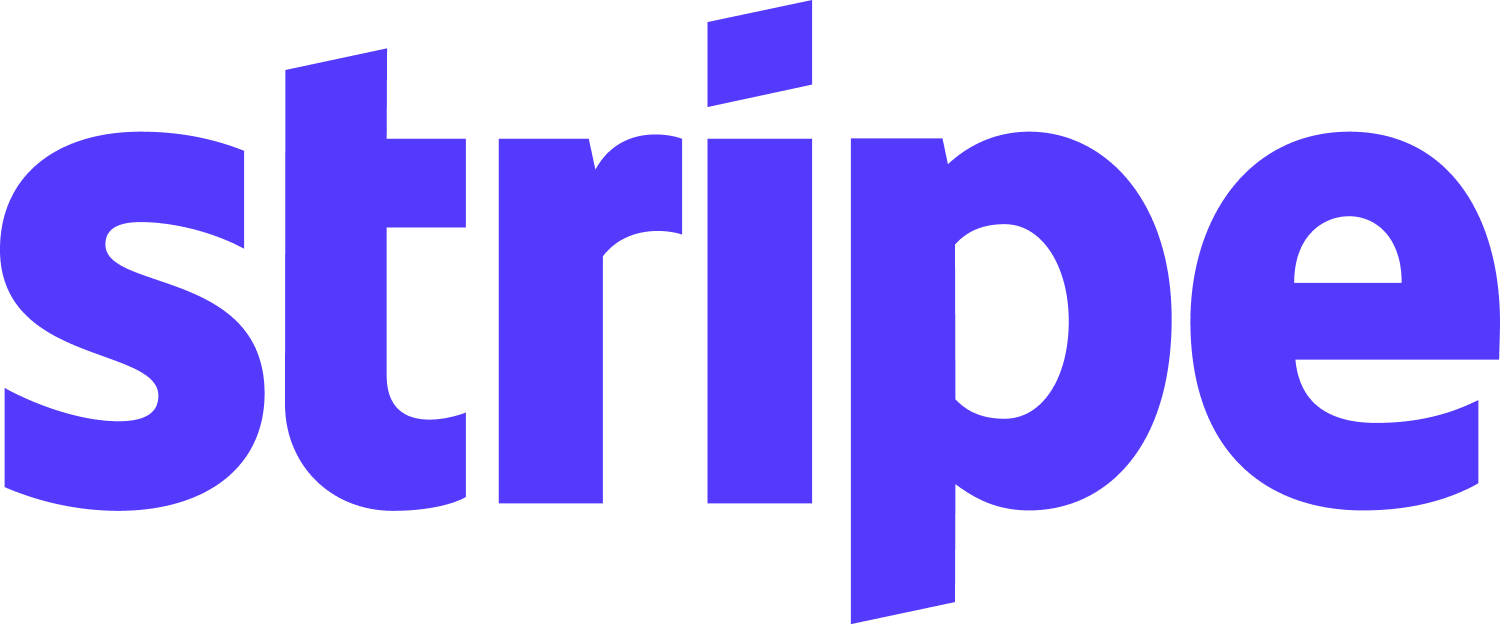Embracing Change
Covid has fundamentally changed the way we live, work and socialise. Organisations have to deal with a myriad of issues that see long-term implications - from fundamental changes in business and operating models, to new norms like workspace virtualisation, online learning and the acceleration of e-commerce and extensive adoption of technology.
Changes anticipated to take years occurred in months and, in some cases, weeks and even days. The changes will be permanent. In the post-Covid-19 working world, many organisations will adopt hybrid work arrangements, leveraging on technology and efficiencies in remote working arrangements. In our personal lives, online shopping and food deliveries are already a norm - a late adopter like me is catching up fast!
Change will be a constant and we have to embrace change. This means learning to integrate change into our lives - both personal and work, and more importantly, dealing with change positively. Covid-19 will certainly not be the last crisis in this age of disruption.
The ability to seize opportunities, evolve and thrive in adversity will result in businesses that can successfully navigate any changing landscape.
As internal auditors, we need to scale up in terms of capabilities, skill sets and knowledge to maintain relevance and progress. To grow with the business, we must invest in ourselves for personal growth and development, and help our internal and external clients adapt, adopt changes and find new solutions.
Internal audit functions need to re-strategise and change the focus and approach to internal auditing. We see a rapid adoption of remote auditing, use of data analytics and an increasing focus on assessing technology risks. All these disruptions signal the importance of internal audit having to effectively mitigate audit risks associated with remote auditing. We must become more agile in simultaneously dealing with the rapid multi-dimensional and overlapping changes.
The IIA’s International Professional Practices Framework (IPPF) serves our profession well especially in this ever-changing environment by providing a framework for internal audit practitioners to enhance and protect organisational value. The Standards are designed to strengthen internal audit’s position as an invaluable partner in business success. The 10 Core Principles are a beacon that guides the internal audit functions to stay on course and serve its stakeholders well.
The key attributes of the internal auditor to adapt, navigate and thrive in the current landscape would have to be:
- Agility
- Change-oriented
- Collaborative
- Decisiveness
- Forward-looking
- Lead with empathy and faith
- Innovate and disrupt
- Learn, unlearn and re-learn
- Multi-disciplinary
- Results driven
- Resilient
- Strategic
- Technology savvy
Without a doubt, the internal audit function will emerge as a progressive function that works towards its mission, as articulated in the IIA’s IPPF:
“To enhance and protect organizational value by providing risk-based and objective assurance, advice, and insights.”
Tan Boon Yen is the Immediate Past President of The Institute of Internal Auditors Singapore (IIAS) and is a Senior Director at RSM Risk Advisory. She has served on IIAS Board of Governor since 2009 and was also a member of the IIA Global Professional Development Committee from 2017 to 2019. She strongly advocates Internal audit as a career to anyone who aspires to be a trusted advisor to businesses.
The Institute of Internal Auditors Singapore blogs reflect the personal views and opinions of the authors. These views may differ from policies and official statements of The Institute of Internal Auditors Singapore and its committees and from opinions endorsed by the bloggers’ employers.



